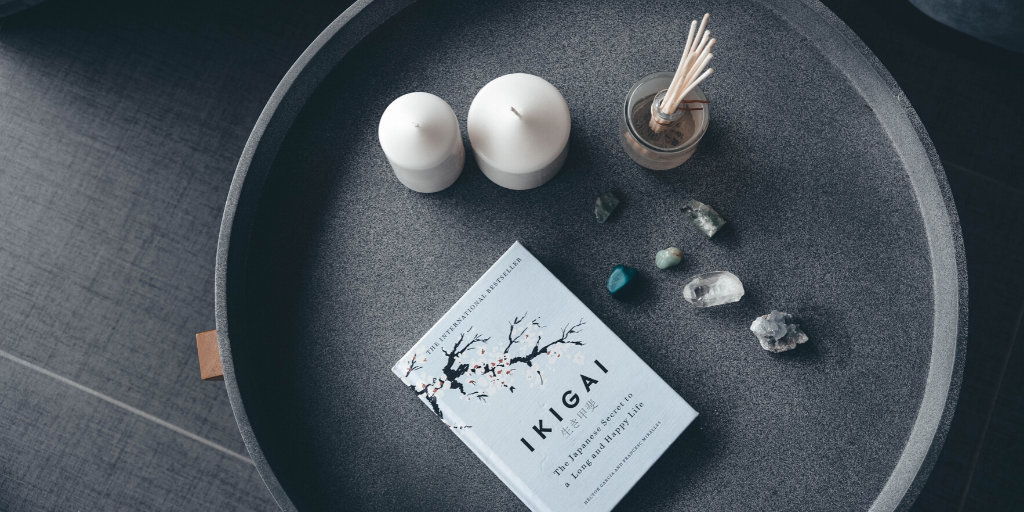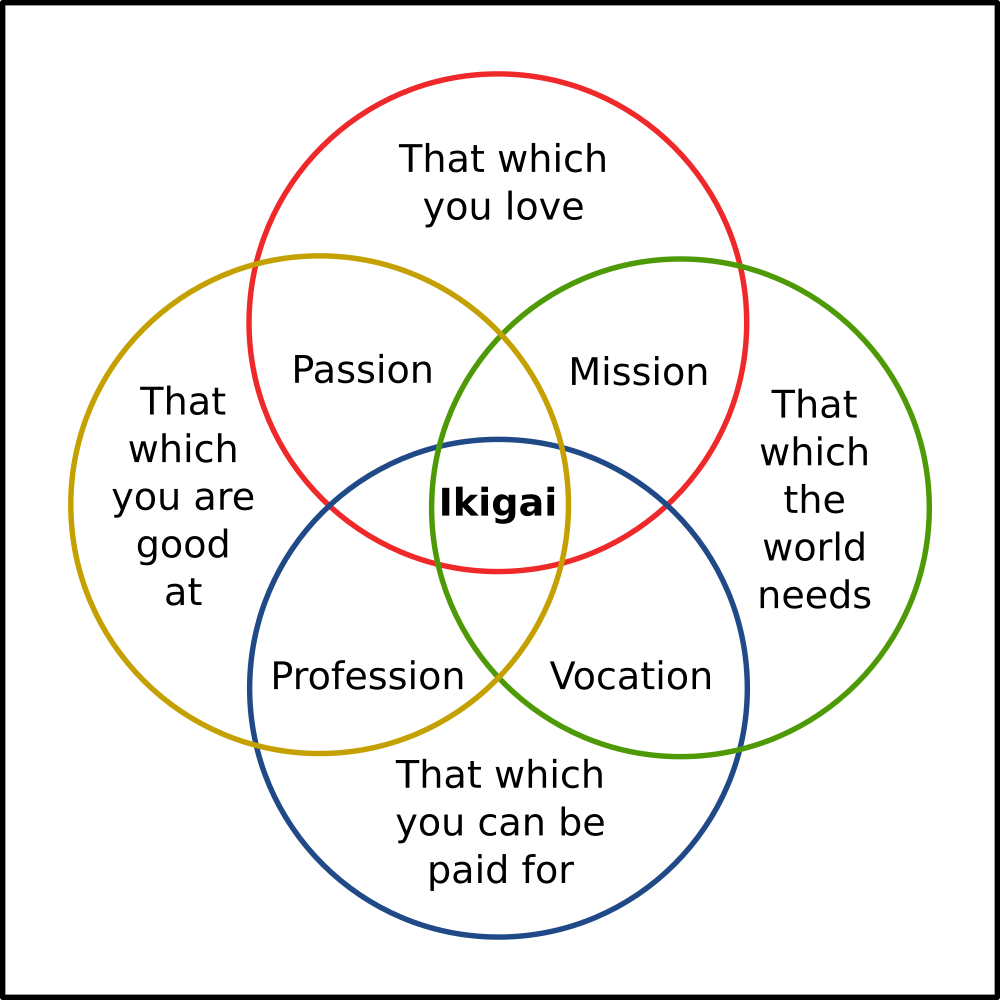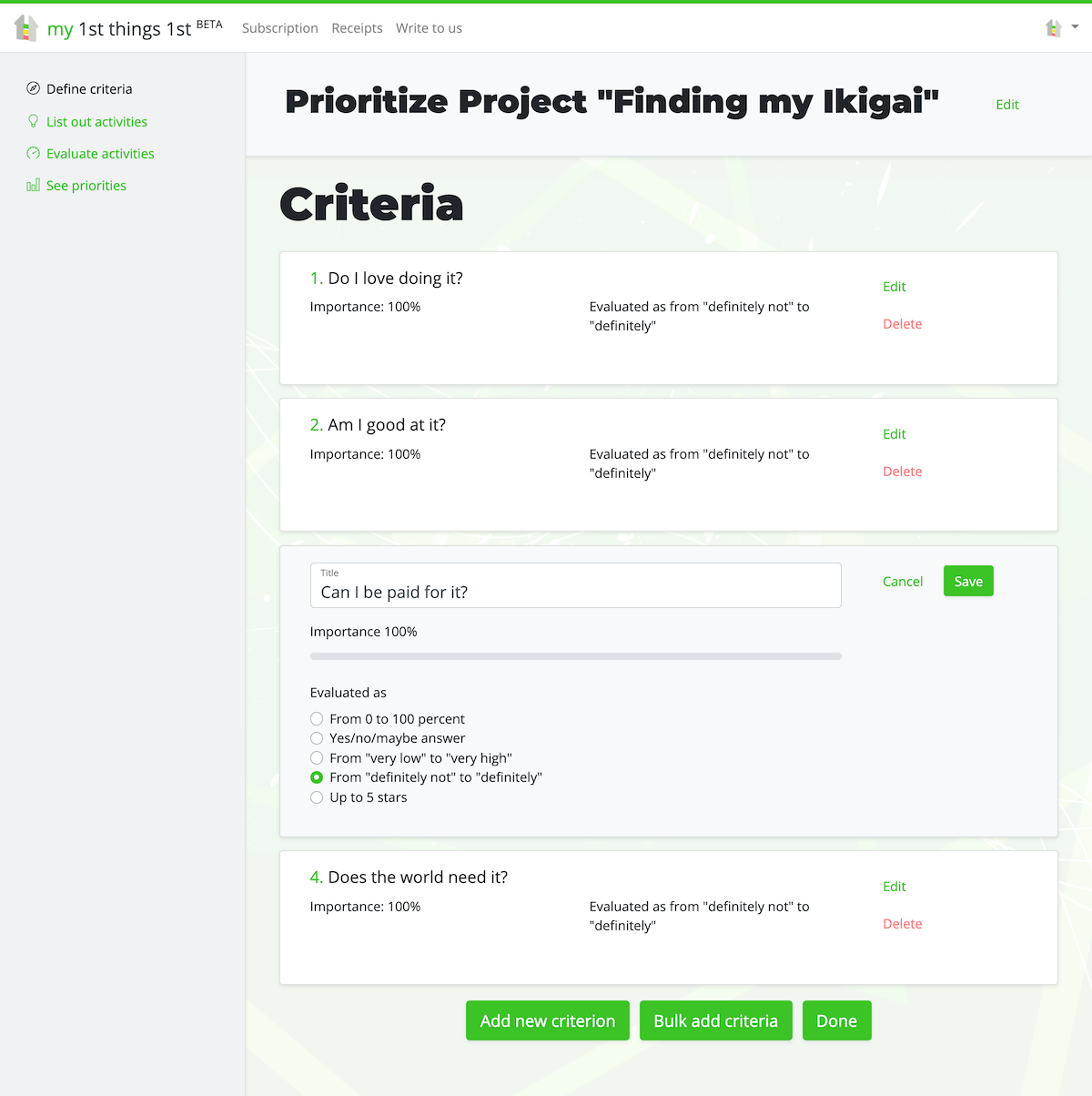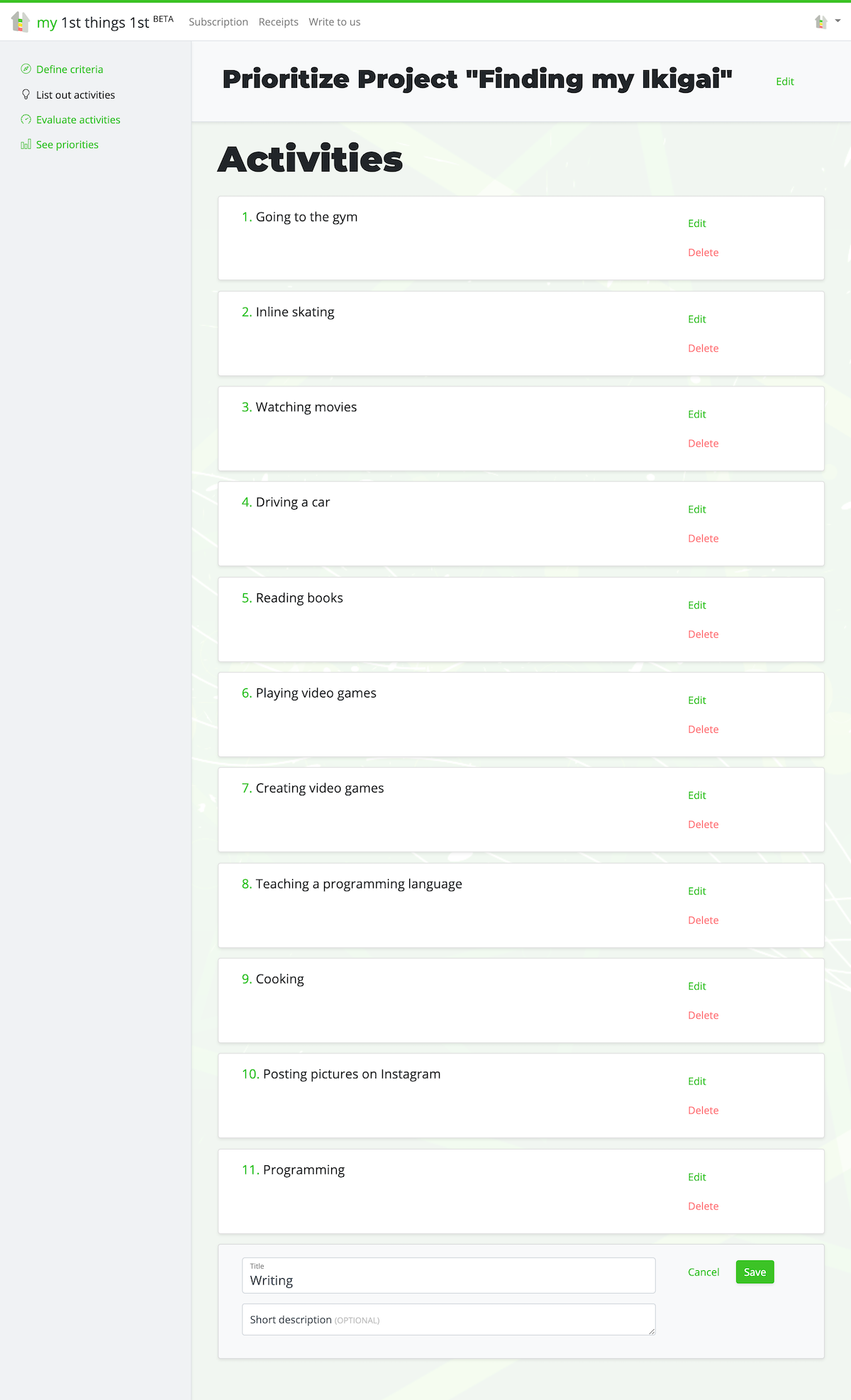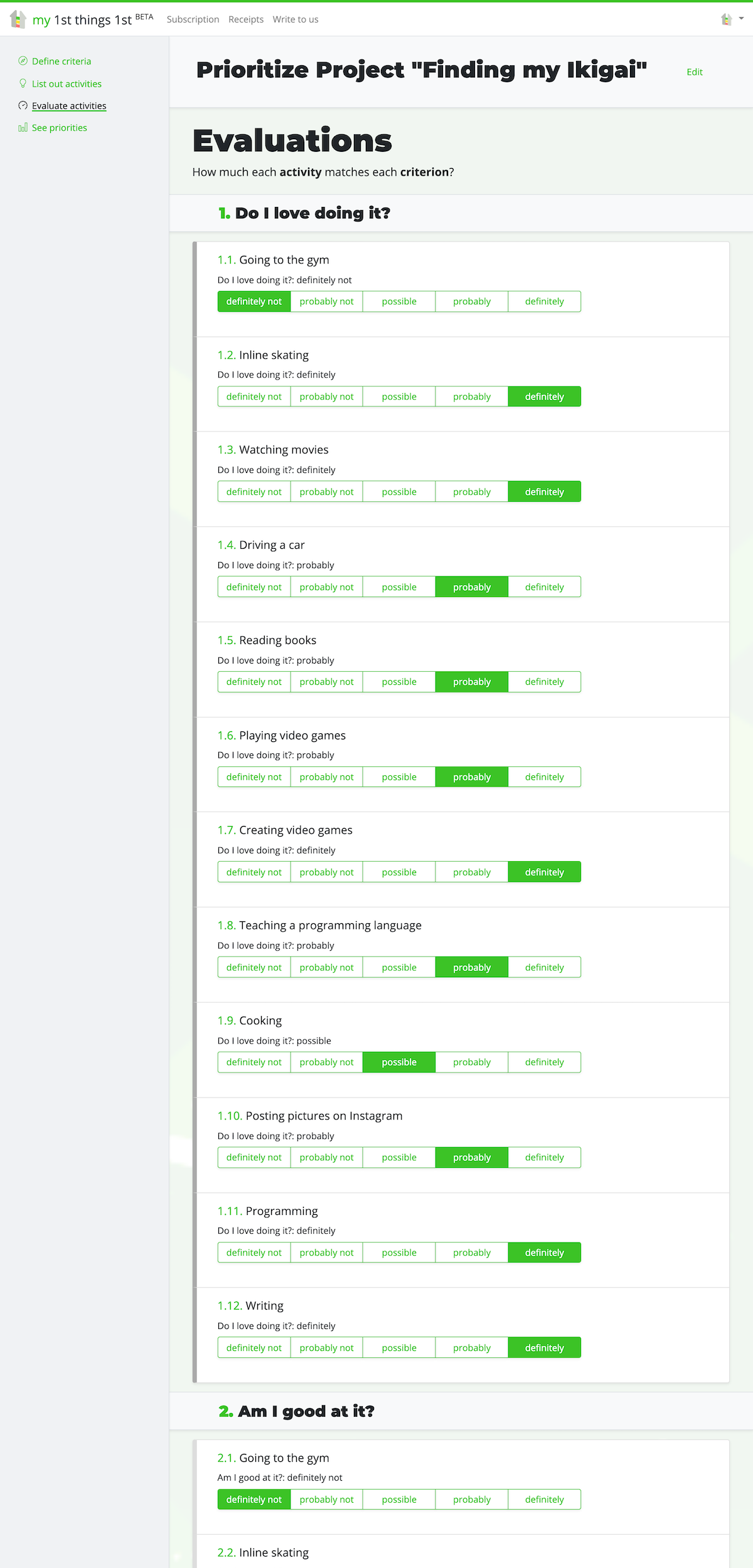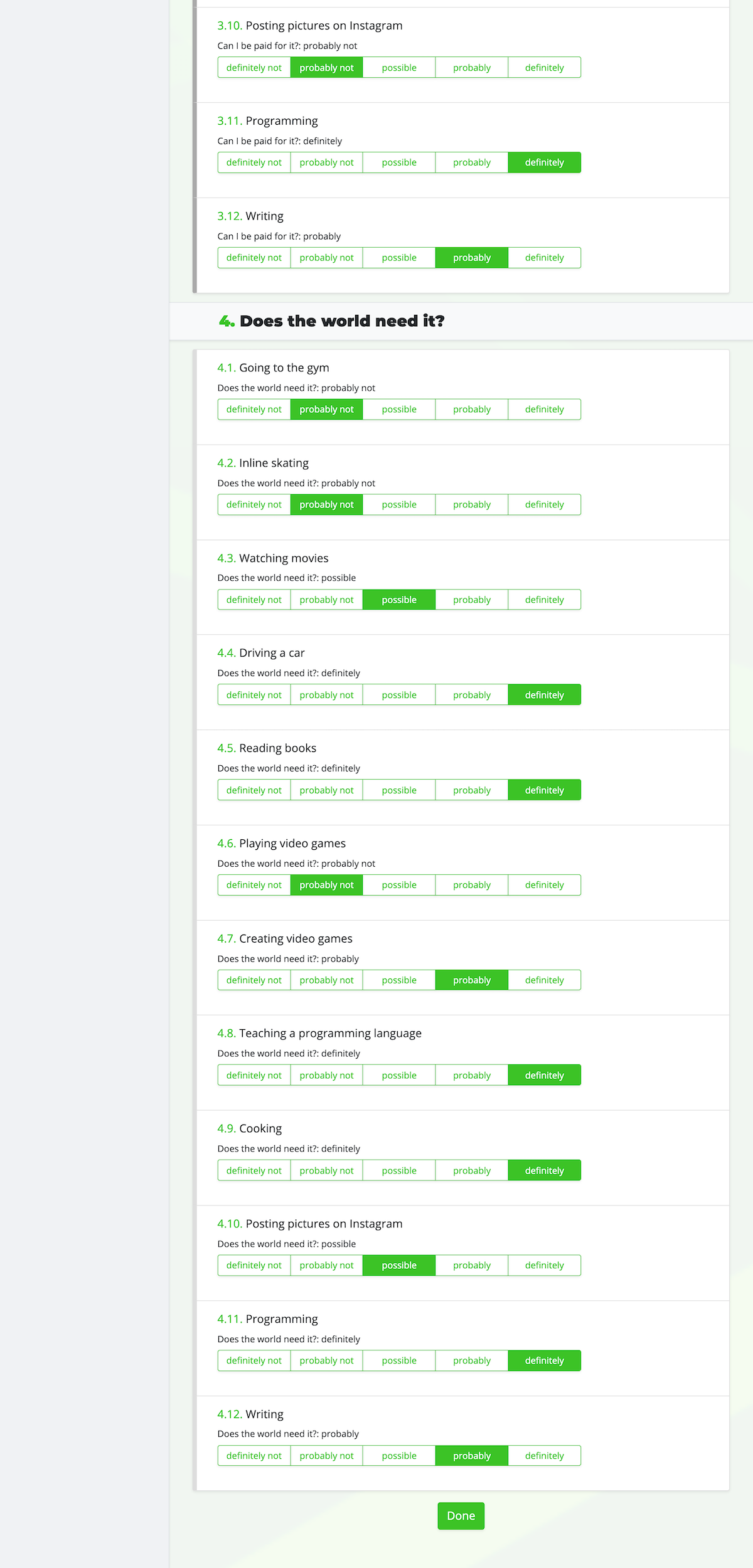At some point in my life, I used to ask myself: if I am the most important person in my life, why would I ever need a role model to follow? People are faulty, make mistakes, sometimes have hidden agendas, and manipulate others; sometimes, they wear masks. Why would I need to follow someone else? Can’t I be the best version of myself just as I am out of my own character and personality?
The problem is that if you just concentrate on yourself, you can quickly lose focus of the big picture, become too narcissistic, and be blind to your faults. You don’t see yourself from aside too well and don’t have enough insights into which of your parts to improve. There is no limit to perfection and excellence. And no one has achieved it all.
Life is a journey of ups and downs. Sometimes you can go on your own. Sometimes you need help to stay on track. Different high-achievers have gained lots of experience and can teach you things you have never thought possible. You don’t have to accept everything a role model teaches you. You can filter the knowledge by what resonates with you. Grow, become the best authentic self, and pass the knowledge and tips to the younger generations or other less mature individuals.
Today I have several role models in my life and will introduce you to my top 3 ones. I don’t know too much about their biographies besides what they share online or in their books. But I like their achievements and points of view.
Robin Sharma
“Genius is less about your genealogy and more about your neuroplasticity. Masters are made, not born.”
– Robin Sharma
Robin is a humanitarian and leadership missionary. He wrote several best-sellers like “The 5 AM Club”, “The Monk who Sold his Ferrari,” “The Leader Who Had No Title,” etc. Besides helping leaders from all around the world play the A-game, he motivates people of any profession to become the best version of themselves.
Robin Sharma is a master of words. He talks about leadership with swiss-army-knife preciseness. His books are full of classical wisdom and thoroughly thought through methodologies.
- Website: https://www.robinsharma.com/
- Instagram: https://www.instagram.com/robinsharma/
- Facebook: https://www.facebook.com/RobinSharmaOfficial/
- Youtube: https://www.youtube.com/user/sharmaleadership
- Twitter: https://twitter.com/robinsharma
James Clear
“Be radically proactive about any behavior that pays off in 10 years.”
– James Clear
James is best known for his best selling book “Atomic Habits” about building good habits and his insightful newsletter 3-2-1, where every week he shares 3 personal ideas, 2 quotes from others, and 1 question for the reader.
James Clear digs deep into human psychology and makes his messages very concise and straight to the point.
- Website: https://jamesclear.com/
- Twitter: https://twitter.com/jamesclear
- Instagram: https://www.instagram.com/jamesclear/
- Newsletter: https://jamesclear.com/3-2-1/
Vishen Lakhiani
“Don’t attach your happiness to your goals. Be happy before you attain them. You’ll find attaining them much easier when you make the journey and not the destination the key to your happiness.”
– Vishen Lakhiani
Vishen is the founder of Mindvalley, a company that aims to transform the conventional education system. His company brings the knowledge of the best mindful people in the world in online courses called quests. Vishen is also the author of two transformational best sellers, “The Code of Extraordinary Mind” and “The Buddha and the Badass.”
Vishen Lakhiani is open-minded, rational, and spiritual. He urges you to think out of the box, give your intuition power, and listen to your soul.
- Website: https://www.vishen.com/
- Facebook: https://www.facebook.com/vishenlakhiani/
- Instagram: https://www.instagram.com/vishen/
- Youtube: https://www.youtube.com/channel/UCg3F5jxUrSvJQICen48cX4w
- LinkedIn: https://www.linkedin.com/in/vishen/
Final words
Everyone is limited. But also everyone has lots of different experiences. If you want to grow, you need to decide for your direction where to grow. Having a role model is one of the ways to set that direction. And you don’t have to agree with everything he or she says. Just filter out what resonates with you, listen to your heart and your gut feeling. Then grow.
Cover photo by Craige McGonigle


